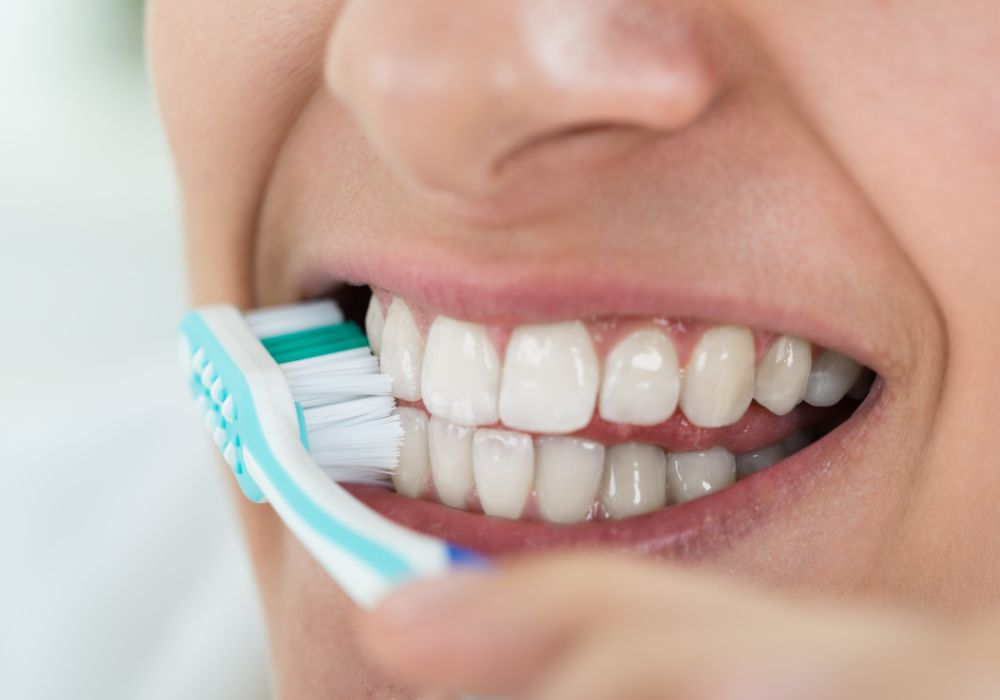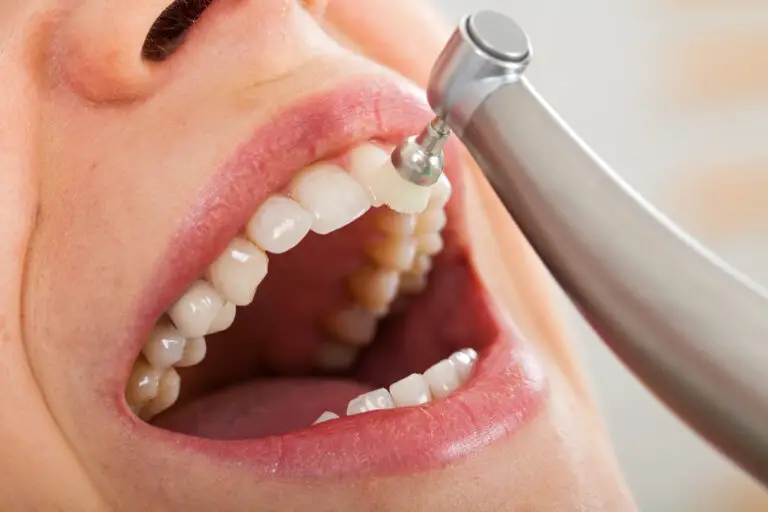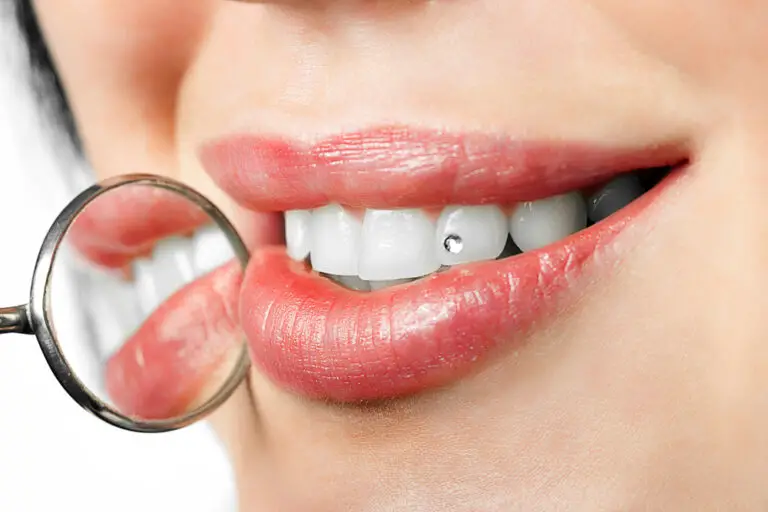Having weak, brittle teeth can negatively affect your quality of life and lead to more serious dental disorders. Weak enamel and dentin make teeth more prone to cavities, fractures, sensitivity, and eventual tooth loss if not treated early. Thankfully, there are several effective methods to reinforce and strengthen weakened tooth structure.
What Factors Contribute to Weak Teeth?
To understand how to bolster fragile teeth, it helps to first look at what elements play a role in the underlying weakness:
Enamel Erosion
Enamel is the hard, outer mineralized layer that protects the tooth crown. Acidic byproducts from oral bacteria can erode enamel over time, causing it to thin and weaken. Frequent exposure to acidic foods and drinks also demineralizes and depletes enamel. Once enamel wears away, the more sensitive dentin underneath is exposed.
Poor Remineralization
Saliva helps remineralize and strengthen enamel after acid attacks. Insufficient saliva flow at night or due to medications can hinder the remineralization process. Saliva also neutralizes acid, so low amounts allow acid to persist on teeth, causing more destruction.
Gum Recession
As gums recede from disease, aging, or overly forceful brushing, more enamel is exposed and vulnerable at the root. The cementum covering roots is softer than enamel and wears down more easily. Exposed dentin at the gumline is dangerously prone to decay and sensitivity.
Developmental Defects
Some people may have naturally thinner enamel, weaker dentin, or imperfections in enamel formation making teeth more likely to fracture and deteriorate. Certain childhood illnesses may also impact developing enamel.
Cracks and Fractures
Cracks allow bacteria, food, and liquids inside the tooth, leading to decay. Cracks worsen over time and can lead to loss of pieces or cusps. The roughened surface left over is harder to clean.
Worn Enamel
A lifetime of chewing, grinding, and clenching wears down enamel. People with bruxism or who chew on hard items like ice or nails are more likely to experience excessive enamel loss over time.
Dental Fluorosis
Too much fluoride intake while enamel is still forming can cause defects. Moderate to severe fluorosis results in porous, weak enamel that is more prone to staining and breakdown.
Age
As we age, enamel naturally becomes thinner and weaker, even without other risk factors. Older teeth have less mineral content and are more likely to crack, fracture, and decay.
Signs Your Teeth May Be Weakened

Some of the most common indicators that your tooth enamel and/or dentin may be compromised include:
- Tooth sensitivity – This is usually the first sign of weakened enamel. You may notice pain with hot, cold, or sweet foods and drinks. As enamel continues wearing down, teeth often become even more sensitive.
- Discoloration – Translucent spots, streaks, or overall yellowing may indicate weak, thinning enamel.
- Visible defects – Keep an eye out for cracks, fractures, or chips in enamel that point to structural weakness.
- Exposed dentin or roots – You may notice a yellowish tone closer to the gumline as thinner enamel exposes more dentin.
- Rapid decay and cavities – Weak spots in enamel are prone to faster decay. Notice if you seem to get more cavities than in the past.
- Gum recession – More exposed roots due to receding gums indicate areas of vulnerability.
- Loose teeth – Weakened bone and tooth structure can cause teeth to feel loose or wiggly.
Don’t wait until extensive damage occurs. If you notice any of the above symptoms, make an appointment with your dentist right away. The sooner weak enamel is addressed, the better your long-term prognosis.
Professional Options to Strengthen Teeth
Your dentist has several methods to reinforce weak spots and prevent further erosion. Which treatments they recommend will depend on your particular case:
Fluoride Treatments
Fluoride helps remineralize enamel and dentin by replacing lost minerals. Higher dose fluoride may be applied professionally or custom trays with fluoride gel for home use may be provided.
Sealants
These thin resin coatings protect vulnerable pits and grooves from plaque and food buildup. Sealants cut down on decay risk and strengthen the biting surfaces.
Bonding
Composite resin material can be applied to small chips, cracks, and defects to essentially fill them in and reinforce the tooth’s structure.
Crowns
Caps made from dental ceramics, porcelain-fused-to-metal, or other materials fully encase the visible tooth down to the gumline for complete protection.
Inlays and Onlays
Similar to fillings but larger, these indirect restorations are custom-made to fit the tooth and restore more significant structural defects.
Root Planing and Scaling
Deep cleanings to remove infection and tartar from below the gumline help reduce further enamel loss due to gum disease.
Gingival Grafts
Surgical grafts to reinforce thinning or receding gum tissues offer more protection over exposed roots prone to sensitivity and decay.
The right combination of the above solutions tailored to your specific needs will strengthen your teeth for improved durability and longevity. Be sure to follow your dentist’s home care instructions as well.
At-Home Habits for Stronger Teeth

Certain daily habits can boost your dental treatment and help fortify your teeth from further damage:
- Maintain excellent oral hygiene – Brush at least twice and floss once daily.
- Use a soft-bristled toothbrush and don’t scrub aggressively.
- Choose toothpaste for sensitive teeth or enamel protection.
- Watch acidic food and drink intake. Avoid swishing or holding drinks in your mouth.
- After consuming acidic items, rinse with water to dilute acid and chew xylitol gum to stimulate saliva.
- Drink plenty of water and limit soda, juices, alcohol, and coffee.
- Take any recommended supplements like calcium, vitamin D, or phosphate.
- Use an antiseptic mouth rinse to reduce cavity-causing bacteria.
- Apply sensitivity relief toothpaste or OTC fluoride gels before bed as needed.
- Wear a nightguard if you clench or grind your teeth.
- See your dentist regularly for exams and cleanings every 6 months.
Be vigilant about protecting weaker areas and avoiding further enamel loss. With professional strengthening treatments and smart home care, your teeth can remain healthy and strong.
Common Questions About Strengthening Weak Teeth
Here are answers to some frequently asked questions about improving the health of fragile tooth enamel:
Can enamel be regenerated once it’s lost?
Unfortunately, enamel cannot grow back or regenerate once it has worn away or chipped off the tooth. Enamel loss is permanent because it is acellular. The key is preventing excessive loss in the first place by strengthening enamel before major damage occurs.
How long do dental crowns last?
With good oral hygiene and proper care, dental crowns typically last anywhere from 5-15 years. Grinding or clenching can shorten lifespan, while careful maintenance can extend a crown’s longevity. Some crowns last up to 30 years or longer before needing replacement!
Do fluoride treatments really work to strengthen enamel?
Yes, regular fluoride treatments absolutely can strengthen tooth enamel and help reverse early stages of decay. Fluoride helps replace missing minerals in enamel and makes it more resistant to future acid attacks. Fluoride also aids in remineralization, essentially healing early lesions.
Can teeth be too weak for crowns?
In most cases, crowns and veneers can strengthen even severely weakened teeth. However, teeth must have adequate remaining tooth structure to properly support a crown. Extremely decayed, fractured, or broken down teeth may not have enough structure left and may need extraction.
How can I tell if I grind or clench my teeth at night?
Symptoms of nocturnal teeth grinding (bruxism) include jaw pain, sore face muscles, dull headache upon waking, worn down molars, and increase in cavities or cracked teeth. Talk to your dentist about having a night guard made to protect fragile teeth if you suspect grinding.
The Bottom Line
Weakened tooth enamel and dentin raise your risk for cavities, fractures, sensitivity, and eventual tooth loss. Thankfully, there are steps you can take to reinforce and strengthen your teeth before extensive damage develops. Daily preventive home care along with your dentist’s professional treatments can help reinforce vulnerable areas. While lost enamel can’t regrow, the remaining enamel can be bolstered and preserved to keep your smile healthy and vibrant for years to come.







